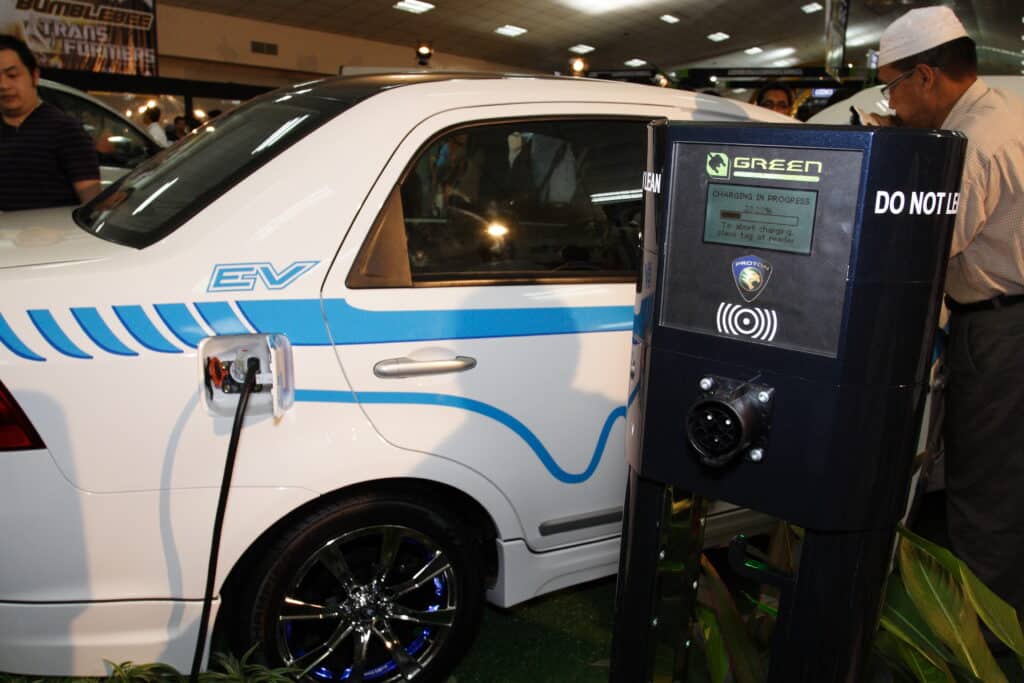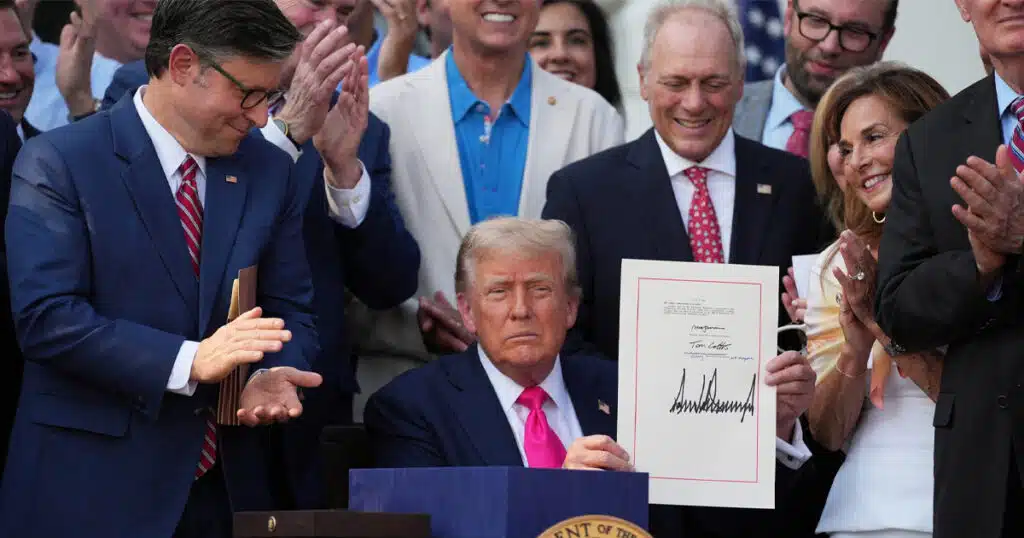
Another Shocking Reveal About Taxpayer-Funded Electric Vehicles
President Joe Biden has bestowed billions of taxpayer dollars and a generous tax credit upon manufacturers of electric vehicles (EV’), but all this crony capitalism might not — as advertised — boost the local or national economy.
Instead, when one factors a cost versus benefits ratio, these expensive government goodies pay for substandard jobs. This is at least the case for EV battery manufacturers.
This is according to a report that the Washington, D.C.-based Good Jobs First published this month.
“Under a provision of the Inflation Reduction Act (IRA), some factories making batteries for electric vehicles will each receive more than a billion dollars per year from the U.S. government, with no requirement to pay good wages to production workers,” Good Jobs First reported.
RELATED: General Motors Loves Two Things: Electric Vehicles and Taxpayer Money
“Thanks to the Advanced Manufacturing Production Credit, also called 45X for its section in the Internal Revenue Code, battery companies will receive tax credits that they can use, sell, or cash out.”
The 45X program alone will cost taxpayers more than $200 billion during the next decade. This is far more than the $31 billion originally estimated by Congress’s Joint Committee on Taxation. Factories that manufacture electric vehicles and batteries will also receive $13 billion in state and local economic development incentives.
What do local communities get in exchange for taxpayer money?
“The Biden administration says the IRA will create ‘good-paying union jobs,’ but the federal tax credit has no job quality requirements for permanent jobs and doesn’t mandate companies pay market-based wages or benefits,” according to the report.
RELATED: Amazon.com Gets Another Ridiculous Tax Break
Good Jobs First did the math for five recently announced battery factories. Total subsidies will range from $2 million to $7 million per job.
Among the group’s findings:
• Average annual wages, as announced, are below the current national average for production workers in the automotive sector.
• The 45X credit alone is large enough to cover each facility’s initial capital investment cost and wage bill for the first several years of production.
• Ford Motor’s new $3.5 billion battery plant is in Marshall, Michigan. That facility is eligible for an estimated $6.7 billion in federal 45X tax credits. State and local governments have already awarded it an additional $1.7 billion in subsidies. The company has promised to create 2,500 new jobs. They will pay an average annual wage of just $45,000 a year, while reaping subsidies of $3.4 million per job.
Is this financially sustainable?
As RVIVR reported in March, EV technology is apparently falling out of favor with the public. This is according to a new study from the California-based J.D. Power Marketing company. The study blamed inflation and rising electricity rates for the decline.
IN THE NEWS: One Overlooked Irony in Sound of Freedom’s Success
Also, mid-priced Internal Combustion Engine (ICE) vehicles are more economical to drive than electric vehicles.
Good Jobs First, according to its website, is a policy resource center. The group promotes corporate and government accountability in economic development.
Send story tips and other story suggestions to [email protected]



